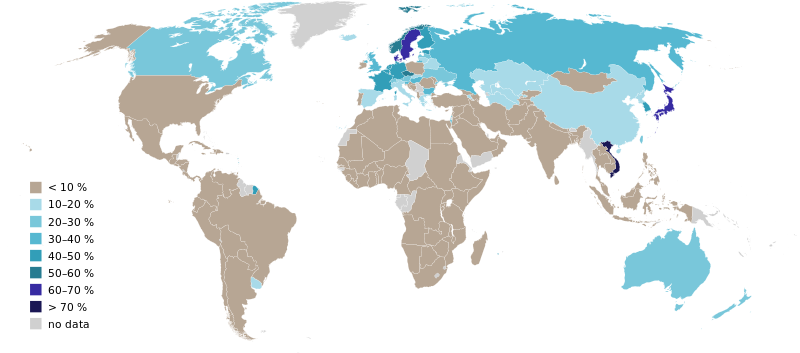Quinlan
Right the First Time!
- MBTI
- ISFP
I have heard some people represent atheism as a certainty of god's non-existense, this seems like a strawman to me.
I thought atheism was more of a "as far as I (we) know so far, god does not exist" rather than "I am 100% certain that god does not exist".
I thought atheism was more of a "as far as I (we) know so far, god does not exist" rather than "I am 100% certain that god does not exist".
Last edited:


